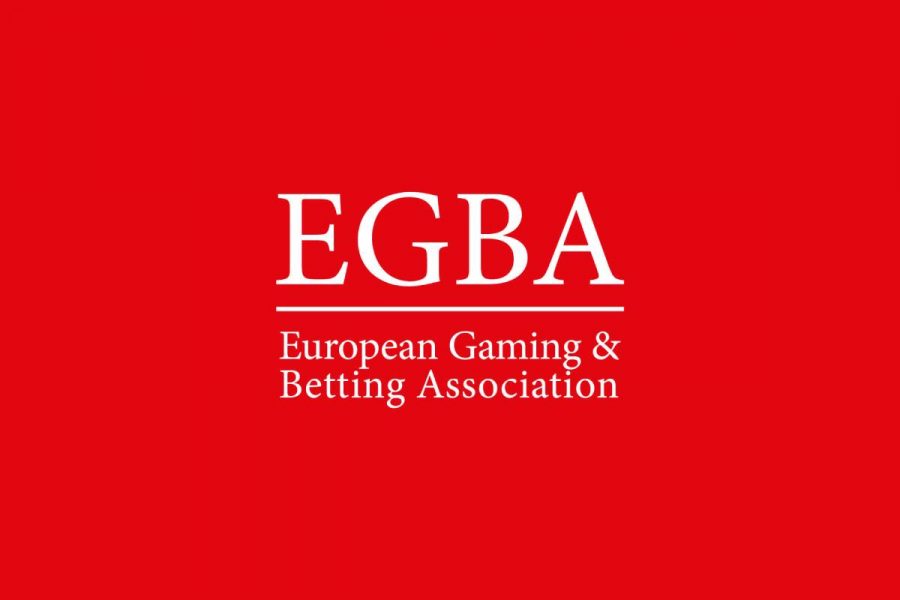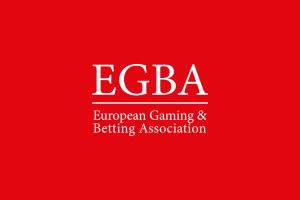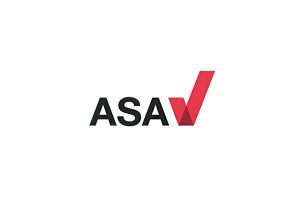EGBA launches pan-European AML guidelines

The European Gaming and Betting Association has developed guidelines to help online gambling operators comply with EU rules.
Belgium.- The European Gaming and Betting Association (EGBA) has published its first pan-European self-regulatory guidelines in a bid to strengthen the anti-money laundering (AML) efforts of online gambling operators. The EGBA guidelines introduce a set of self-regulatory standards to help operators comply with the latest EU and national anti-money laundering rules.
The EGBA guidelines propose best practice industry standards, which it says online gambling operators should apply across their EU and EEA operations. The guidelines apply a risk-based approach and include sector-specific guidance to support a high standard of compliance with EU, national and supranational AML rules.
While the guidelines are intended to complement and strengthen existing AML rules, they have also been developed with consideration towards the EU’s upcoming new rules on AML. EGBA members will be required to submit yearly reports to the EGBA summarising their progress in implementing the guidelines.
The EGBA says the guidelines include, amongst others, practical guidance on:
- How to conduct customer and business risk assessments.
- Customer Due Diligence and improving cooperation during the process.
- Suspicious Transaction Reporting requirements.
- The relationship between AML and safer gambling.
- Record-keeping requirements.
The EGBA has invited interested stakeholders to submit feedback on the guidelines by October 13, following which it will publish a finalised version. The guidelines may be amended in the future to ensure they remain up to date with the latest industry best practices. The EGBA has invited companies that are not members to join the initiative.
Dr Ekaterina Hartmann, director of legal and regulatory affairs at the EGBA, said: “We’re pleased to present the first ever pan-European industry standards on anti-money laundering for Europe’s online gambling sector. Preventing online gambling from being used to hide the proceeds of crime is an important test for Europe’s gambling operators – but there’s currently very little sector-specific guidance to help operators in their compliance efforts.
“We hope these guidelines will fill this gap and lay strong foundations for the sector to achieve the highest possible standards in AML compliance. It’s important to gather expertise across the sector and we invite stakeholder feedback on the guidelines to ensure that, together, the sector can contribute positively and proactively to Europe’s fight against money laundering.”
Earlier this year, the EGBA called on operators to increase cross-border collaboration to head off the danger of stricter regulation of the sector. It says operators across Europe need to work together to improve how they’re represented in society.
The body says that only through closer collaboration across borders can operators ensure the industry is better organised, more responsible and better represented across the entire continent. It sees this as an essential goal for a sustainable industry and to avoid the risk of “ever stricter regulation” that will impact the ability to do business.
The EGBA also reported positive feedback from the first independent monitoring of its pan-European responsible advertising code. The monitoring was conducted by the European Advertising Standards Alliance (EASA), a Brussels-based association that represents European self-regulatory organisations for advertising.










